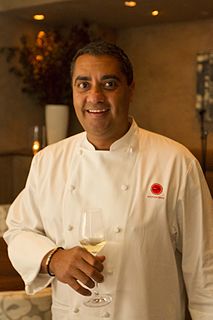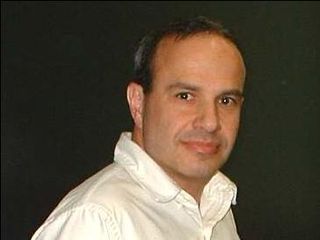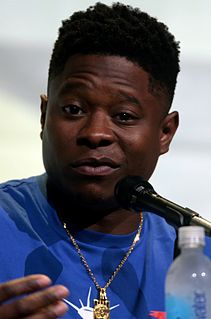A Quote by John D'Agata
I never really understood the idea that nonfiction ought to be this dispensary of data that we have at the moment.
Quote Topics
Related Quotes
I never really understood the idea that nonfiction ought to be this dispensary of data that we have at the moment. Also, roughly around the time we were doing this fact-checking. And I never really understood why people think what nonfiction's job is to give them information as opposed to something else.
Really, the moment you have any idea, the second thought that enters your mind after the original idea is, "What is this? Is it a book, is it a movie, is it a this, is it a that, is it a short story, is it a breakfast cereal?" Really, from that moment, your decision about what kind of thing it is then determines how it develops.
You wish they understood, as you do, that there is no escape and never was, that from the moment two cells combined to become one they were doomed. You wish they understood that there is joy in this fact, greater joy and love in just this one last moment than they experienced in the entirety of their lives. Because even in this last moment there is still Everything, whole galaxies and eons, the sum total of every experience across time, shrunk to the head of a pin, theirs for the asking, right here, right now. And so anything, anything, anything is possible.
I think, about the distinction between fiction and nonfiction. Fiction is not really about anything: it is what it is. But nonfiction - and you see this particularly with something like the BBC Samuel Johnson Prize for Non-Fiction - nonfiction we define in relation to what it's about. So, Stalingrad by Antony Beevor. It's "about" Stalingrad. Or, here's a book by Claire Tomalin: it's "about" Charles Dickens.
And now the moment. Such a moment has a peculiar character. It is brief and temporal indeed, like every moment; it is transient as all moments are; it is past, like every moment in the next moment. And yet it is decisive, and filled with the eternal. Such a moment ought to have a distinctive name; let us call it the Fullness of Time.


































